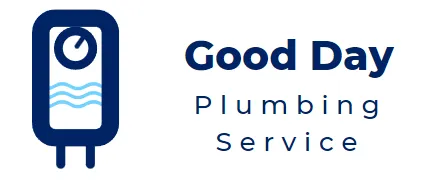Condensing vs Non Condensing Tankless Water Heaters: What are the Differences?
When considering a tankless water heater, homeowners must choose between two primary options: condensing or non-condensing. While both possess unique advantages, a thorough comparison is essential to make an informed decision. To help you select the most suitable heater for your living space, this article offers a detailed contrast between condensing and non-condensing tankless water heaters.

What is a tankless water heater and how does it work?
Traditional water heaters store gallons of water in a tank that continually needs heating, while tankless designs rapidly heat water as needed. Since the corrosion and leakage issues typical of tanked versions are nonexistent in tankless heaters, they tend to last longer, save valuable space and energy consumption.

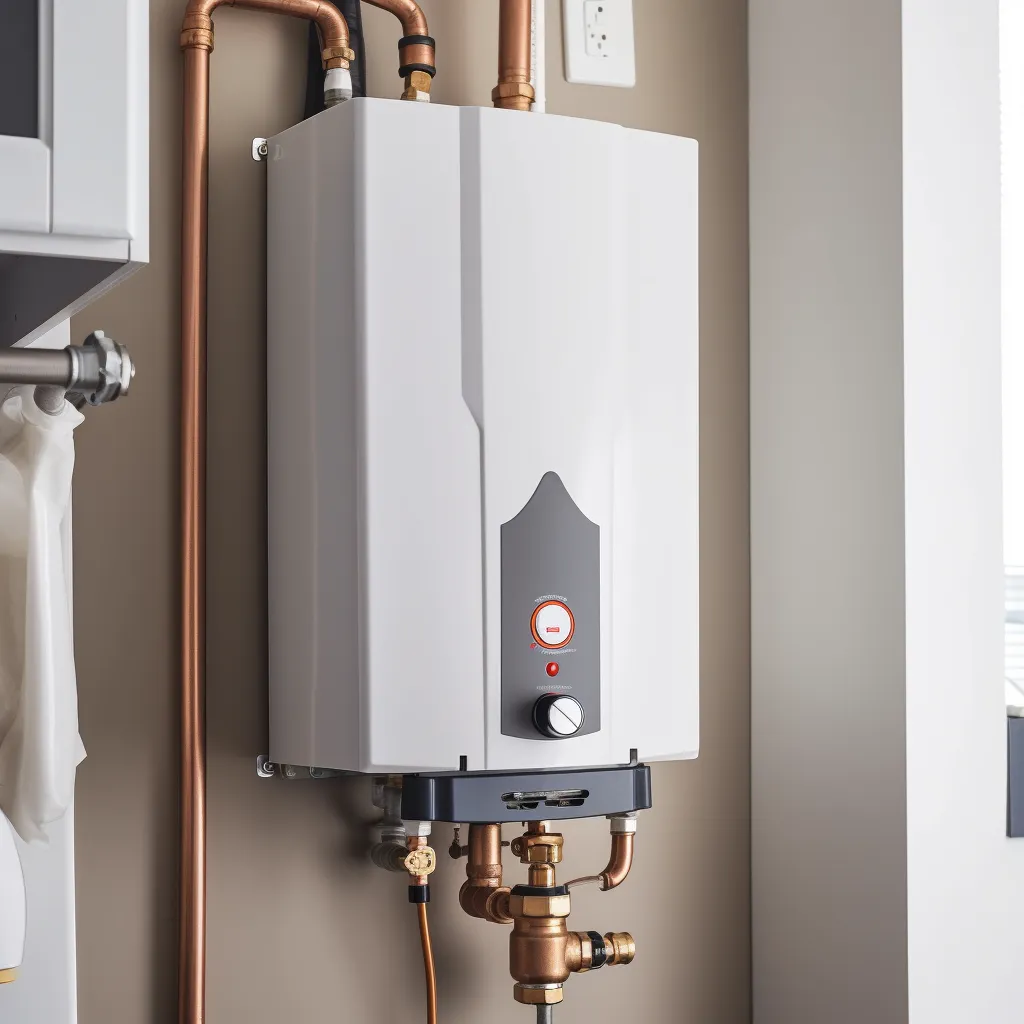
What is a condensing tankless water heater?
The condensing tankless water heater is a highly efficient version of the conventional tankless water heater. It recycles waste heat to maximize efficiency and minimize energy waste by heating the incoming water, which saves you money on your energy bill while also reducing your carbon footprint.
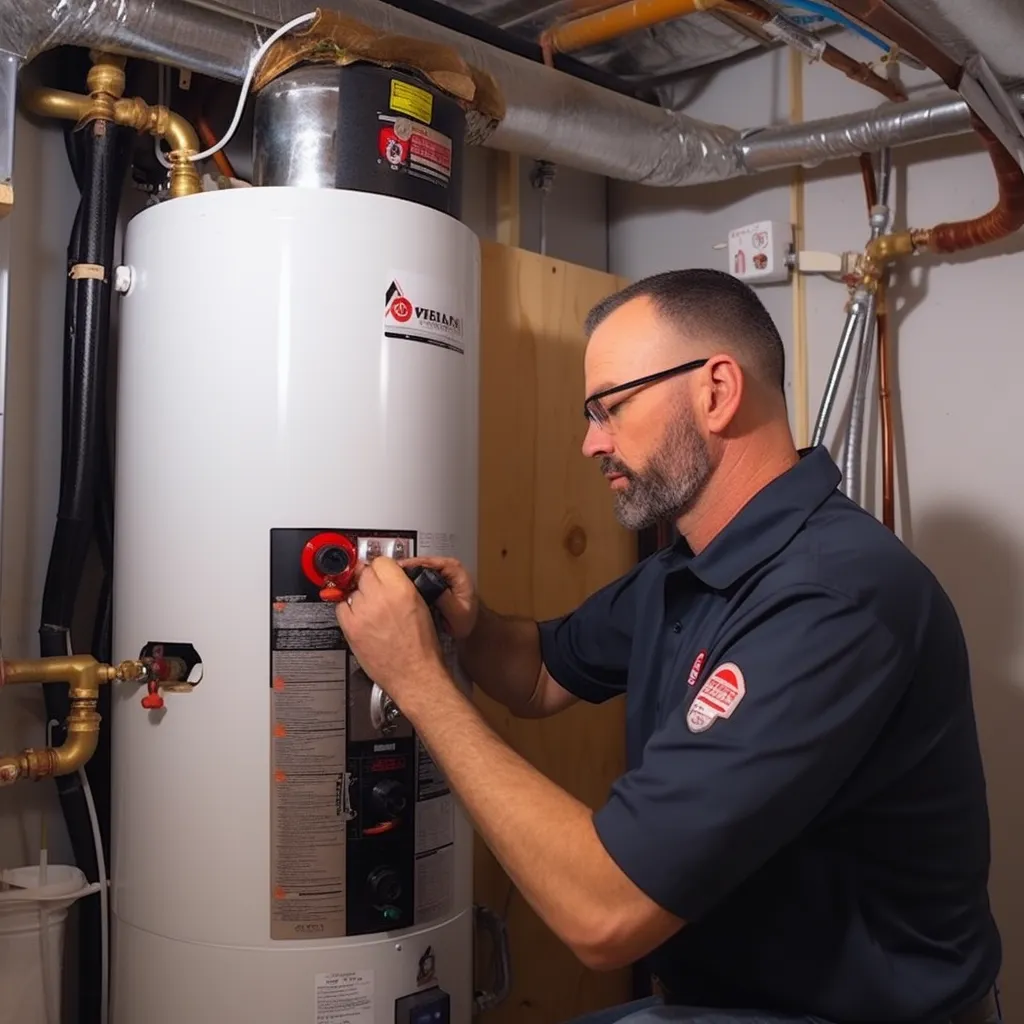
What are the differences in condensing vs non condensing tankless water heaters
Tankless water heaters are an excellent option for lowering energy bills with two varieties: non-condensing and condensing. The significant distinction between the two is their respective exhaust gas handling methods, with non-condensing models releasing them into the air and condensing models cooling them down until they condense into water vapor and expel them. Condensing models are more energy-efficient and cost-effective than non-condensing ones. However, it's important to note that they may come with a higher initial investment cost, but over time they offer greater savings on energy expenses. Add this to the mix; you've got a winning solution for your business's hot water needs!
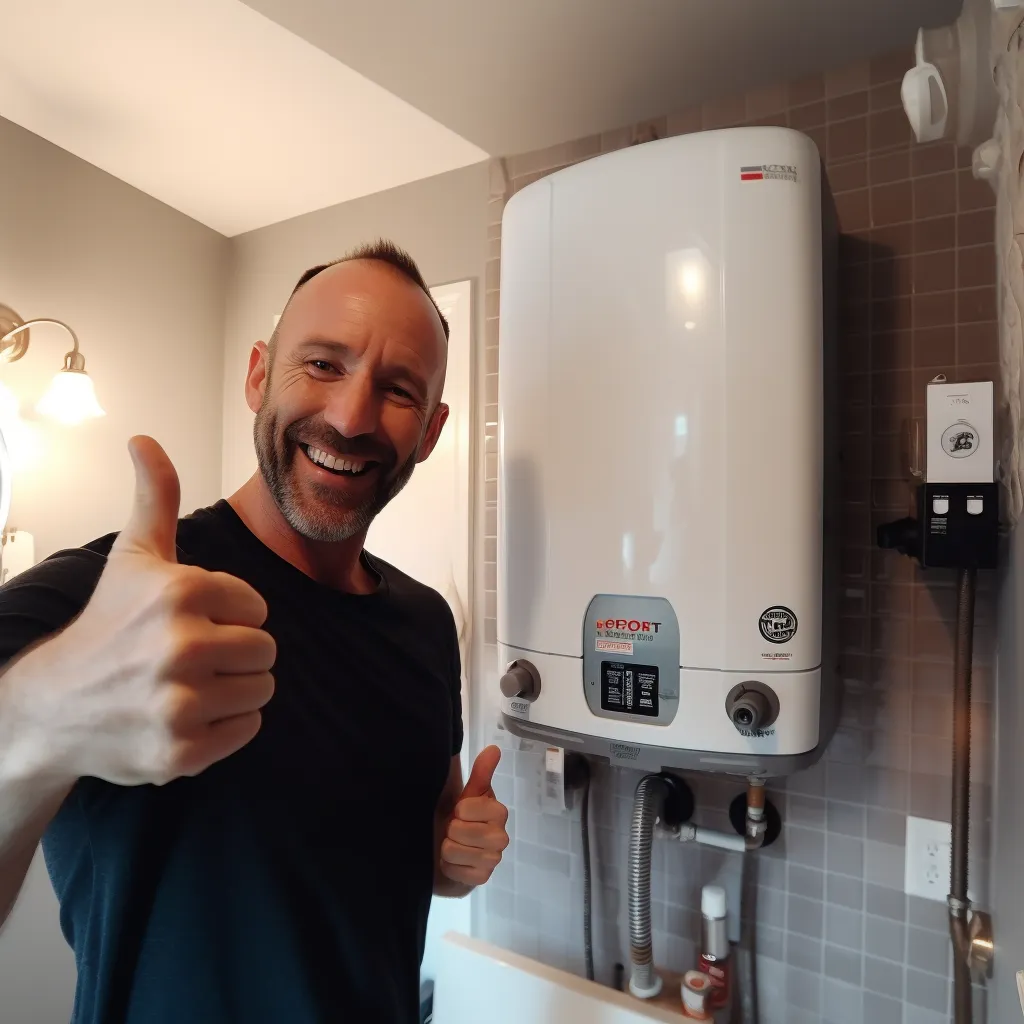
What are the benefits
of a condensing tankless water heater?
Condensing tankless water heaters have several advantages over non condensing water heaters:
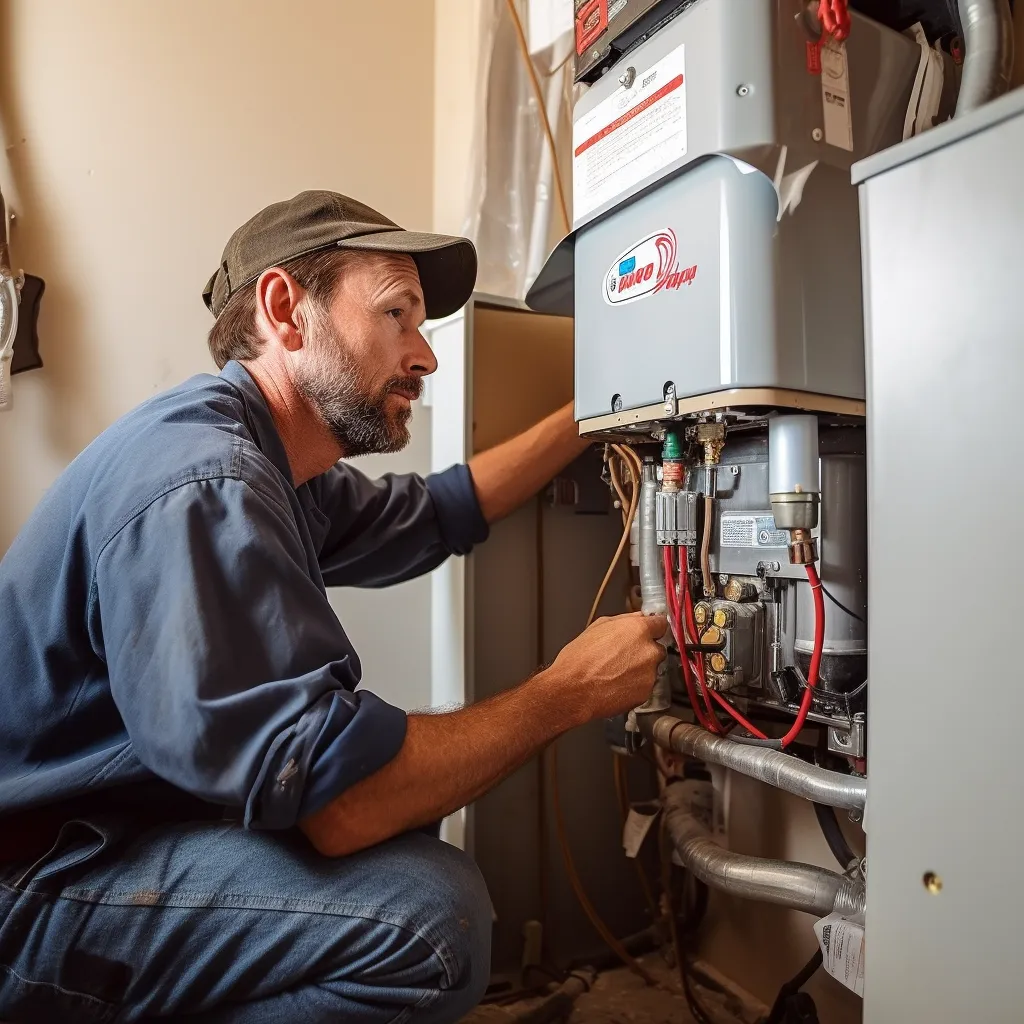
Upgrading to a condensing system helps cut utility costs, as these models are typically more efficient. Opt for condensing models for smarter savings.
Choosing them will make your business eco-friendly. This is because they generate fewer greenhouse gases than other options, making them environmentally-friendly.
Condensing water heaters have fewer parts, which could lead to a longer lifespan than non-condensing types. This reliable source of hot water can continue for years.
What are the disadvantages
of a condensing tankless water heater?
There are some cons to condensing tankless water heaters:
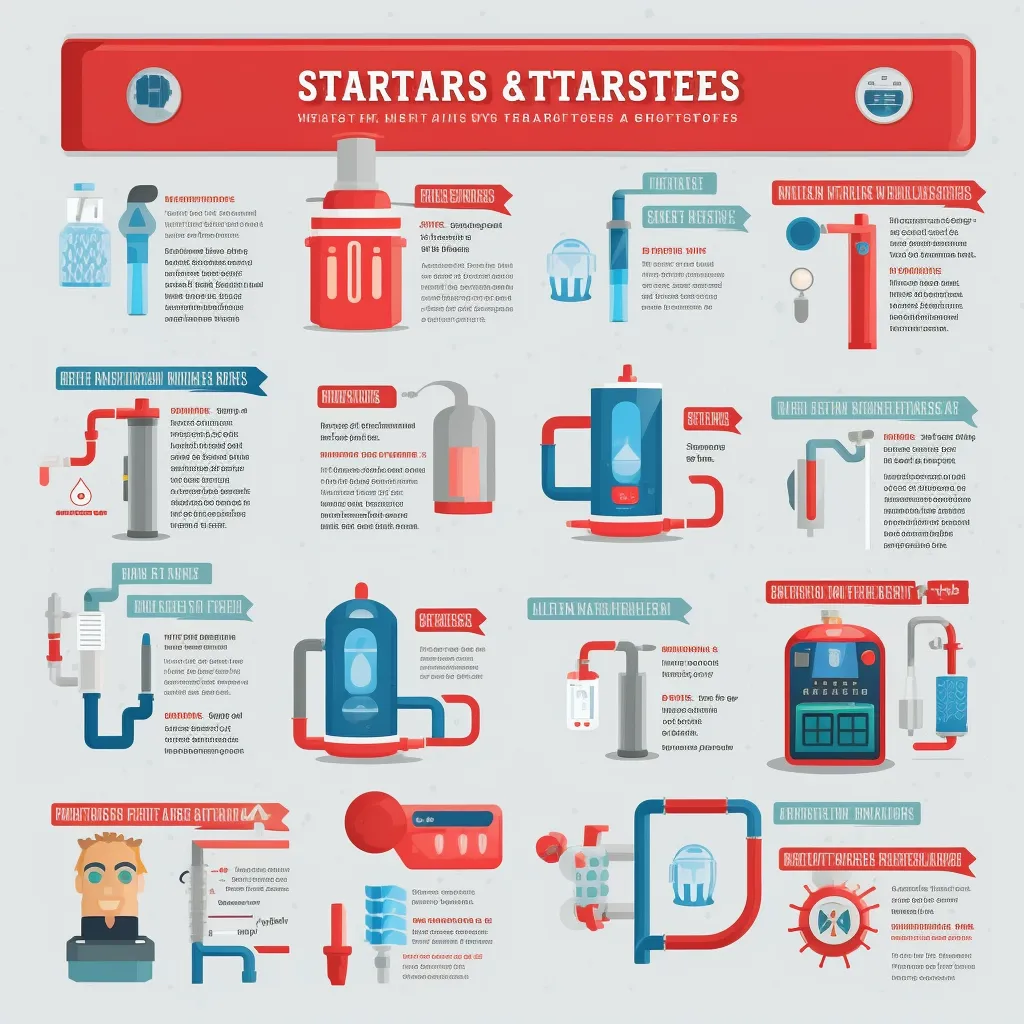
Condensing water heaters may be pricier than non-condensing models, but the initial expense is worth weighing against the projected long-term savings.
Condensing models require extra installation complexity, such as added venting and drainage systems. Keep in mind that maintenance is also crucial.
Ensure the price of service calls is considered when selecting options to make an informed decision that serves you best.
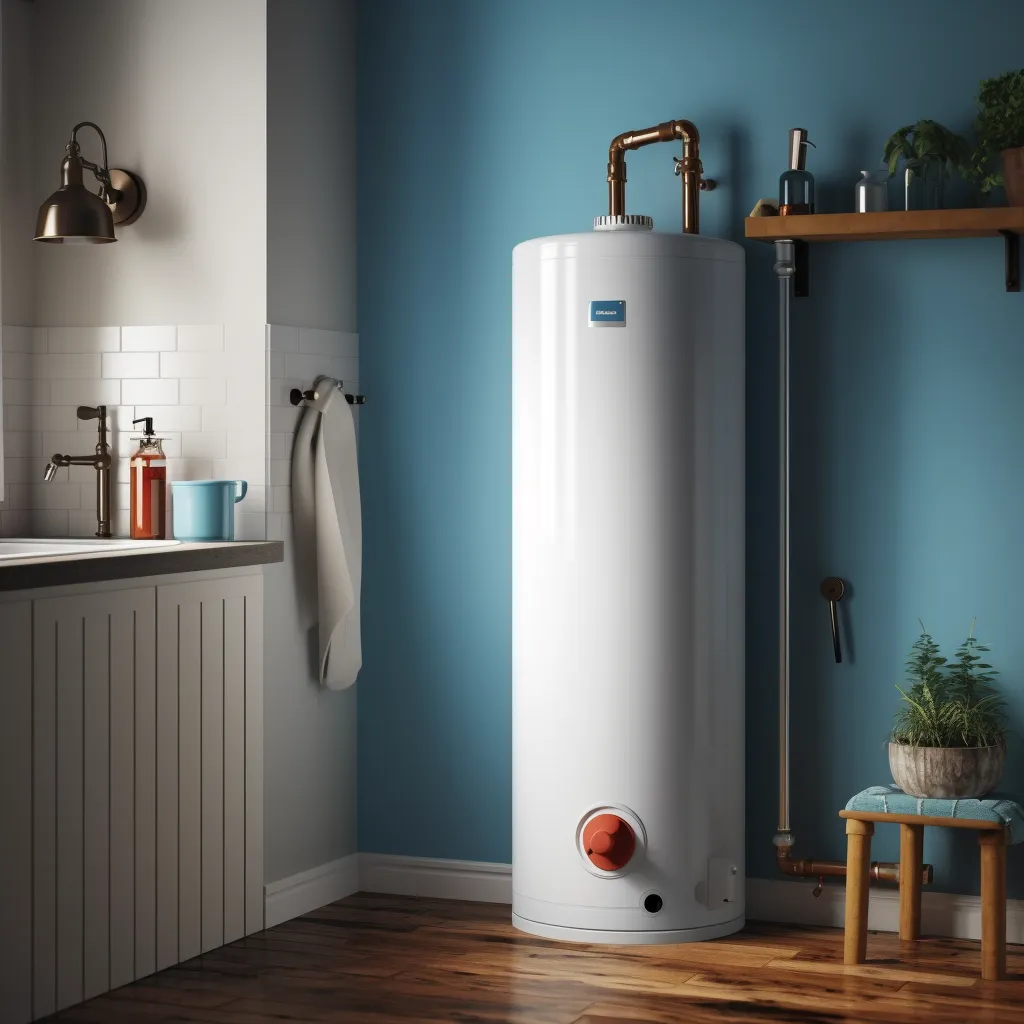
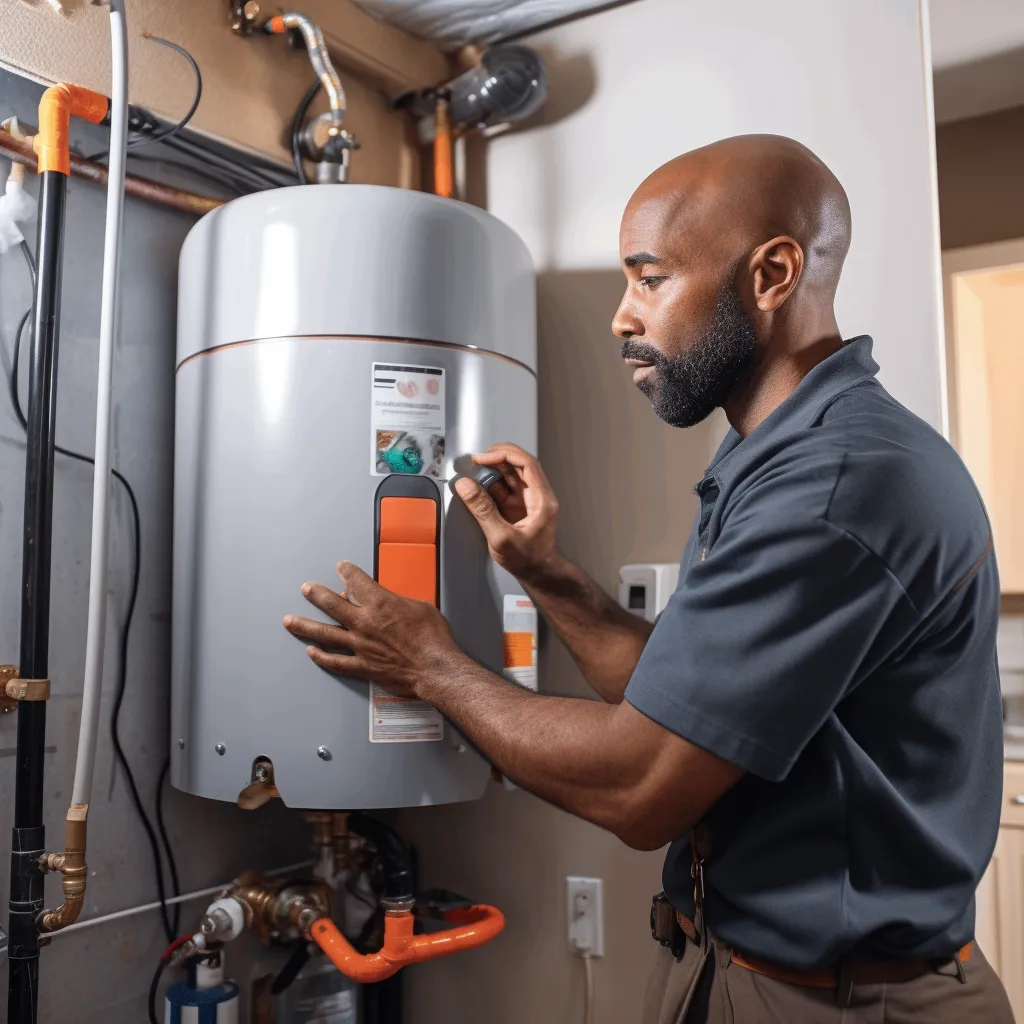
Are condensing tankless water heaters energy-efficient?
Condensing tankless water heaters are a smart, eco-friendly solution to heating water. They save energy with up to 96% efficiency by capturing lost heat during combustion, resulting in great savings over time, heating only the water needed. By minimizing both expense and environmental impact, these heaters are the perfect choice for homeowners who care about the planet.
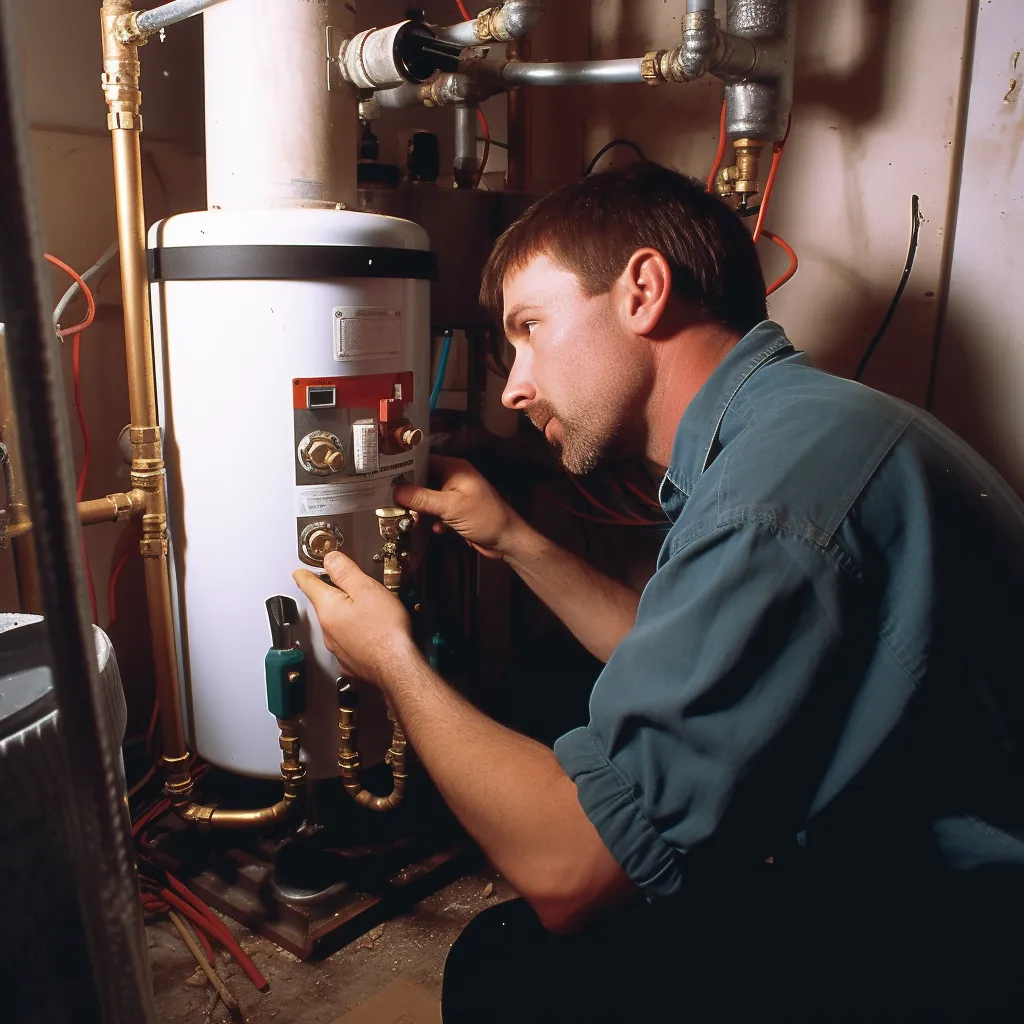
Are non condensing tankless water heaters energy-efficient?
When considering sustainable and cost-effective water heating solutions, non-condensing tankless water heaters are a great option to explore. Though they may not be the most energy-efficient choice compared to their condensing counterparts, they still provide significant reductions in energy usage and costs. This makes them an excellent alternative for anyone who's looking to save some money in the long run.
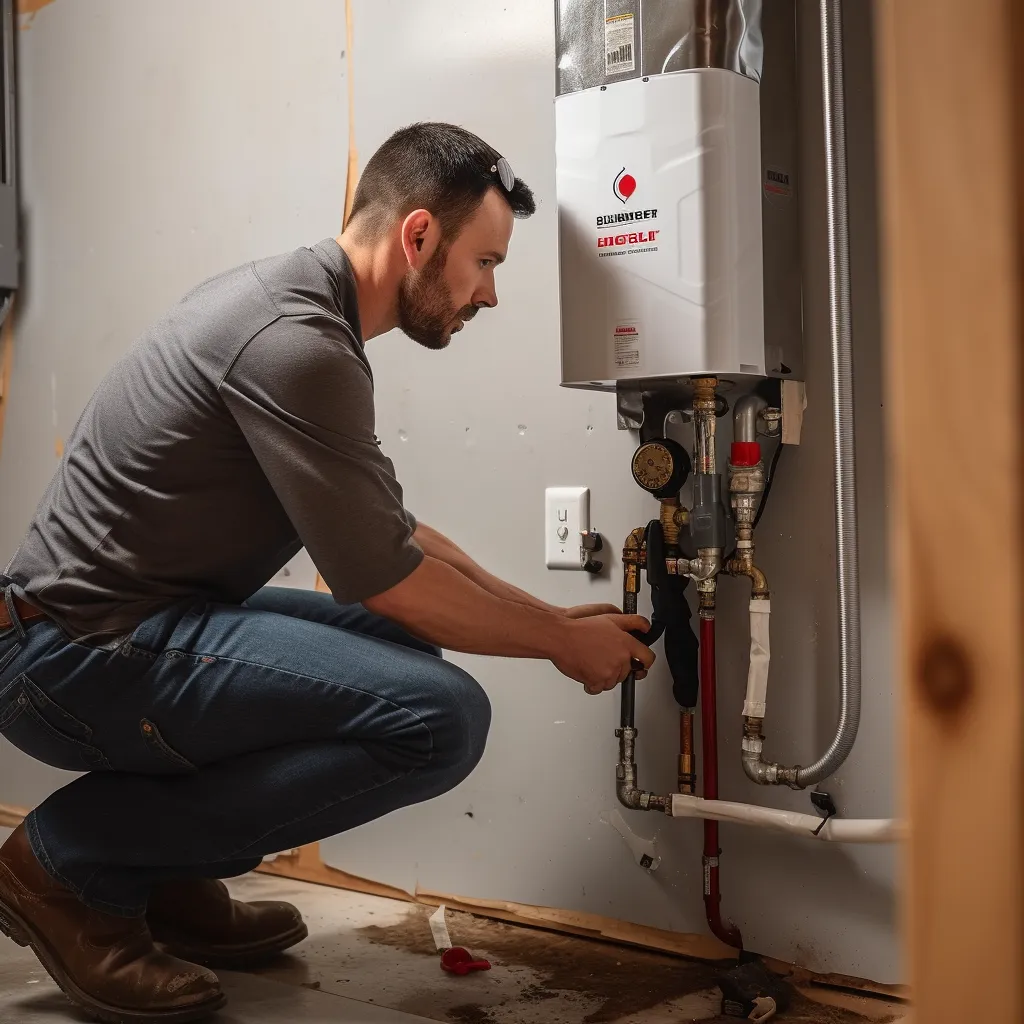
What is the cost to buy and install a condensing tankless water heater?
Condensing tankless water heaters can significantly improve efficiency and lead to lasting energy savings. Yet, the expenses involved - which differ based on aspects such as model, home size, and brand, could be a deal-breaker. Moreover, the installation process is not a cakewalk. To make an informed decision, seeking professional assistance from a reliable expert can be helpful. Although there are upfront costs, most homeowners find the long-term benefits of a condensing tankless water heater more than offset the initial investment.
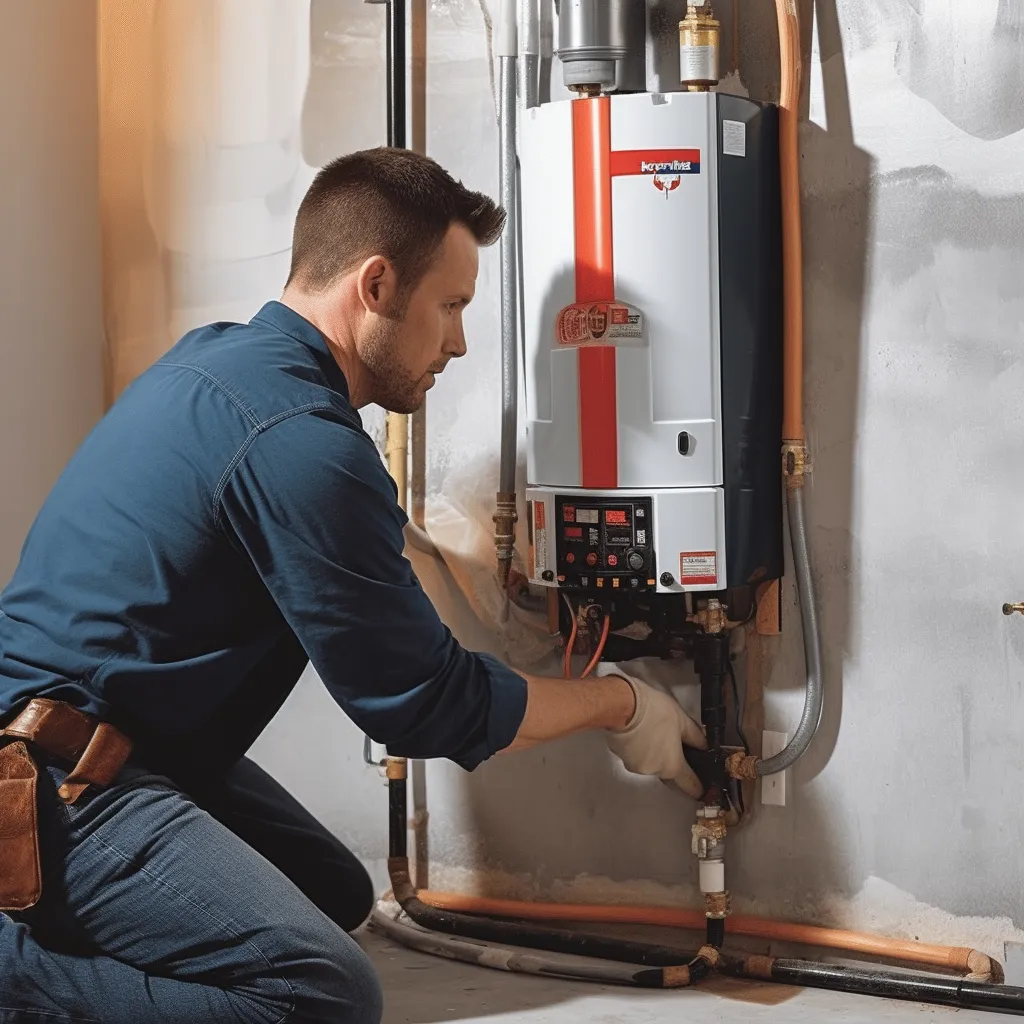
What is the cost to buy and install a non condensing tankless water heater?
Looking for a non-condensing tankless water heater that hits the sweet spot between price and quality? Reliable brands offer varied size options at a cost ranging from $1,000 to $3,000. While the initial cost seems steep, you're investing in a long-lasting piece of equipment that can give you an unlimited supply of hot water for two decades. Enjoy the advantage of a sleek and compact design that enables flexible placement and declutters your home.
What are the maintenance requirements
for condensing tankless water heaters?
Regular maintenance is the key to keeping your condensing tankless water heater efficient. While these cutting-edge devices provide maximum energy efficiency, proper maintenance is necessary. We've put together some tasks to help you maintain the optimal performance of your condensing tankless water heater.
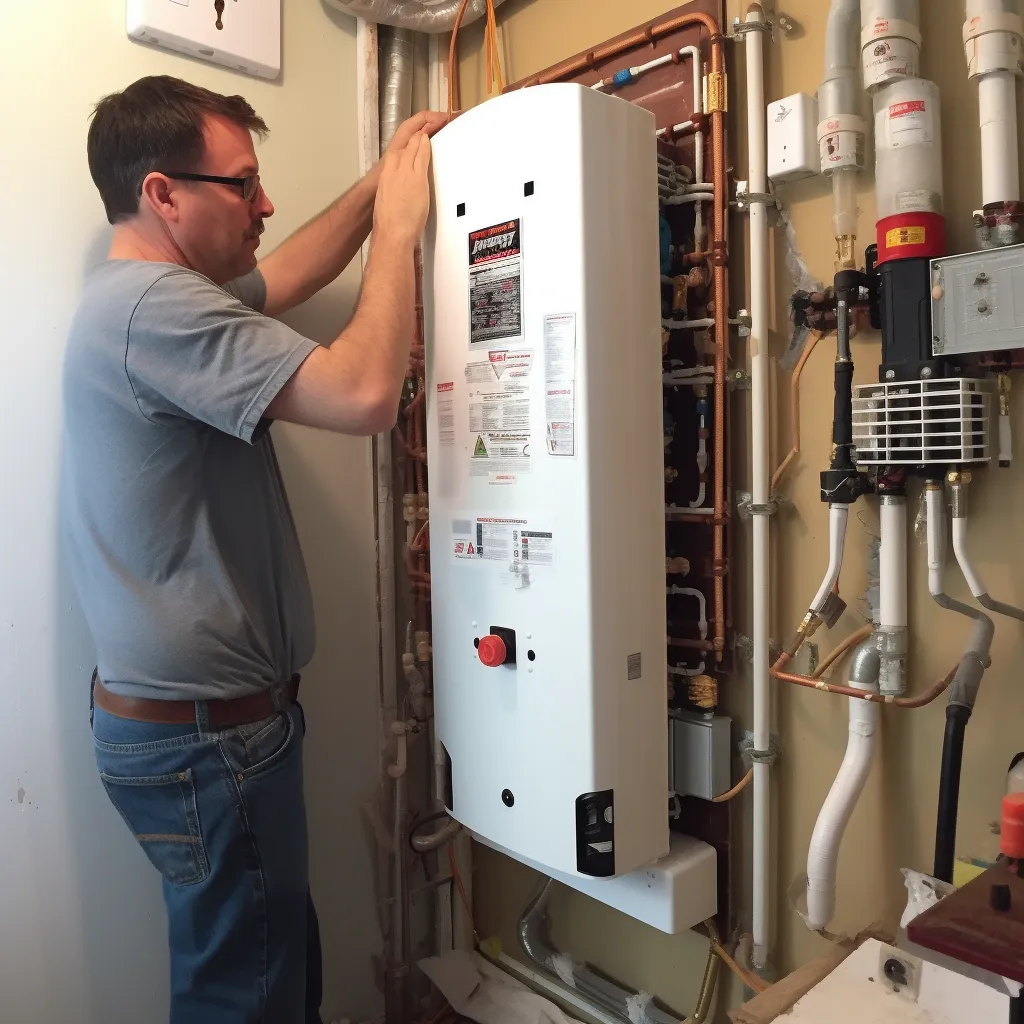
Check if there are leaks or other potential issues.
Clean up the heat exchanger and burner.
Inspect any filters and replace them to for maximum efficiency.
Test the water pressure and temperature.
Ensure the venting system is free of any debris.
Flush the system to perform regular maintenance.
Check whether the air filter is dirty.
Regular maintenance checks are imperative to condense tankless water heater costs and preserve efficiency, while evading any potential damages. Keep your water heater in top shape by acquiring maintenance checks scheduled by professionals. Don't wait until you have a high energy bill to be proactive!
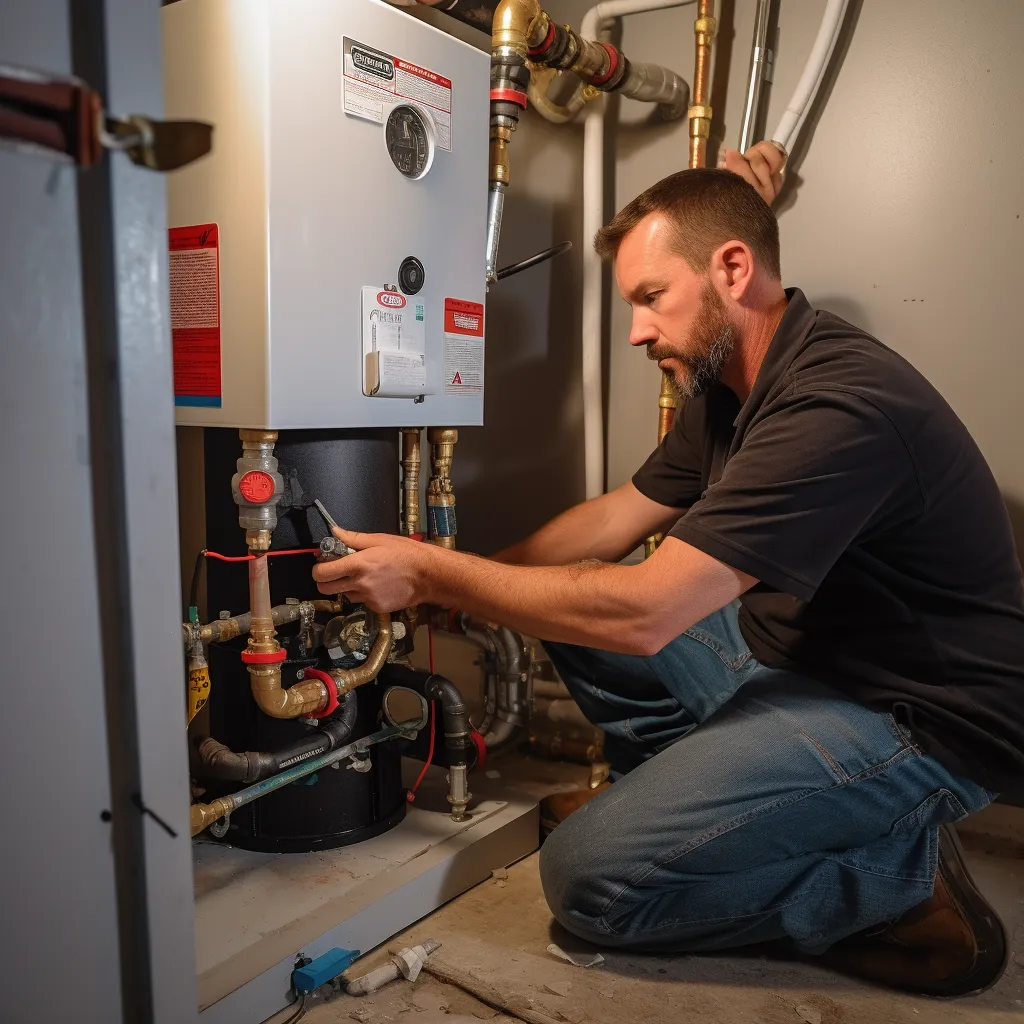
What are the maintenance requirements
for non condensing tankless water heaters?
Non-condensing tankless units have maintenance needs similar to condensing units, so keeping them in top shape is important for getting the most out of these systems.
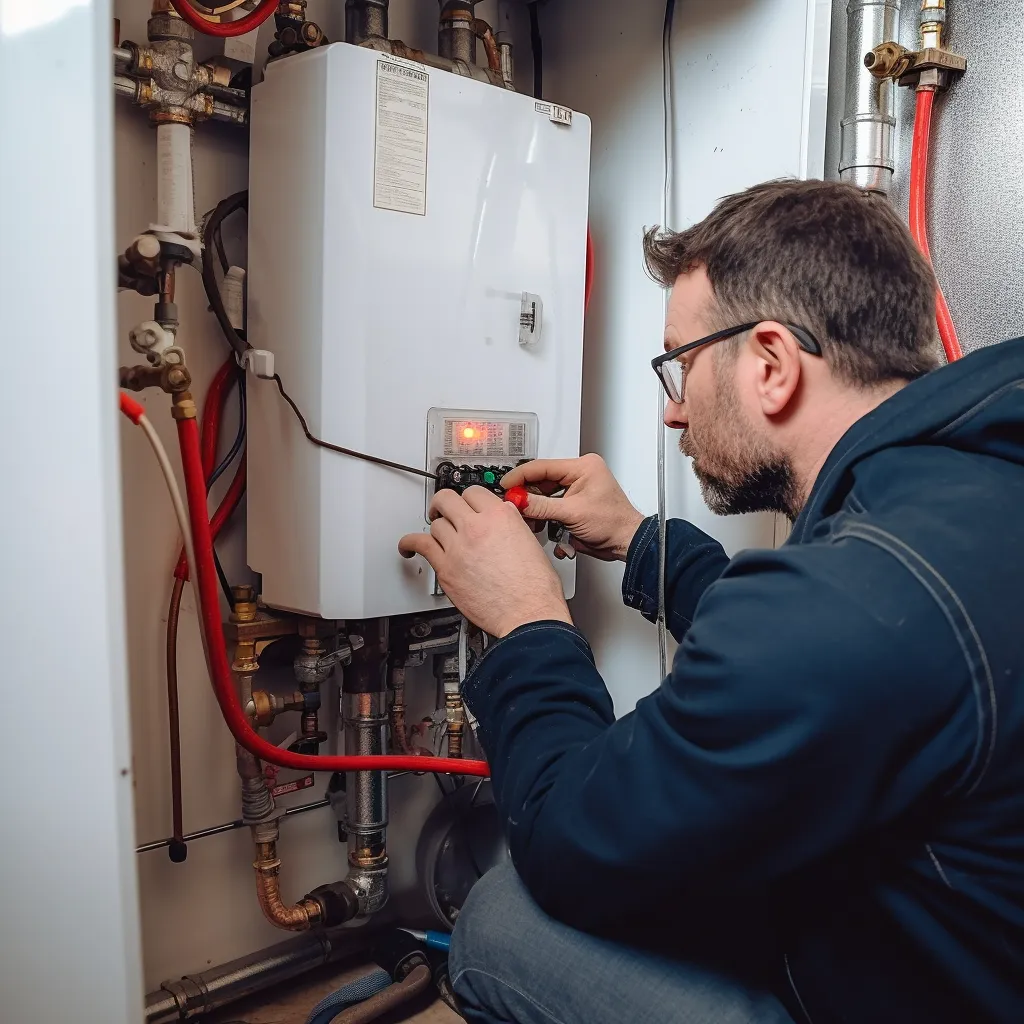
Flushing your system on a regular basis is key to removing debris and mineral buildup that could hamper performance.
Regularly inspect the filters of your unit and exchange them, if necessary.
Regular cleaning of the heat exchanger and burner, along with system inspections for leaks and malfunctions, will reduce energy consumption.
Checking the water pressure and temperature is key to guaranteeing peak performance.
Ensure unhindered airflow by keeping debris away from the vents.
What to think about when choosing between a
non condensing vs condensing tankless water heater
When deciding between a non-condensing and condensing tankless water heater, there are several factors you should consider.
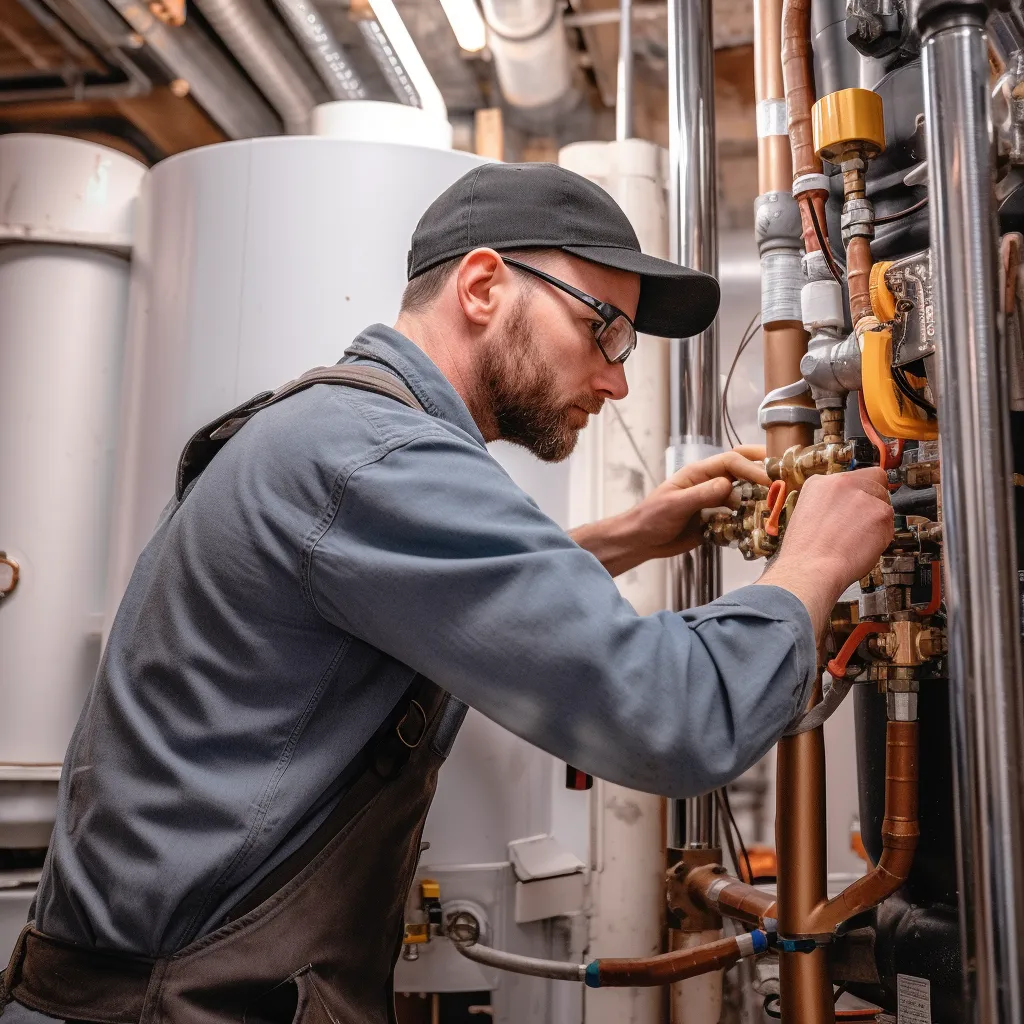
When it comes to size, non-condensing water heaters tend to be bulkier than their condensing counterparts. Opting for a condensing unit might be a wiser decision if you're short on space.
Keep installation and complexity in mind as they can affect cost, as condensing units require more complex installation, leading to higher costs.
Non-condensing tankless water heaters require more frequent upkeep than condensing models, so consider your maintenance preferences when making a decision, to ensure you keep enjoying hot water for years.
Gaining an energy edge, condensing units tend to use less energy, helping you increase long-term savings on utility bills.
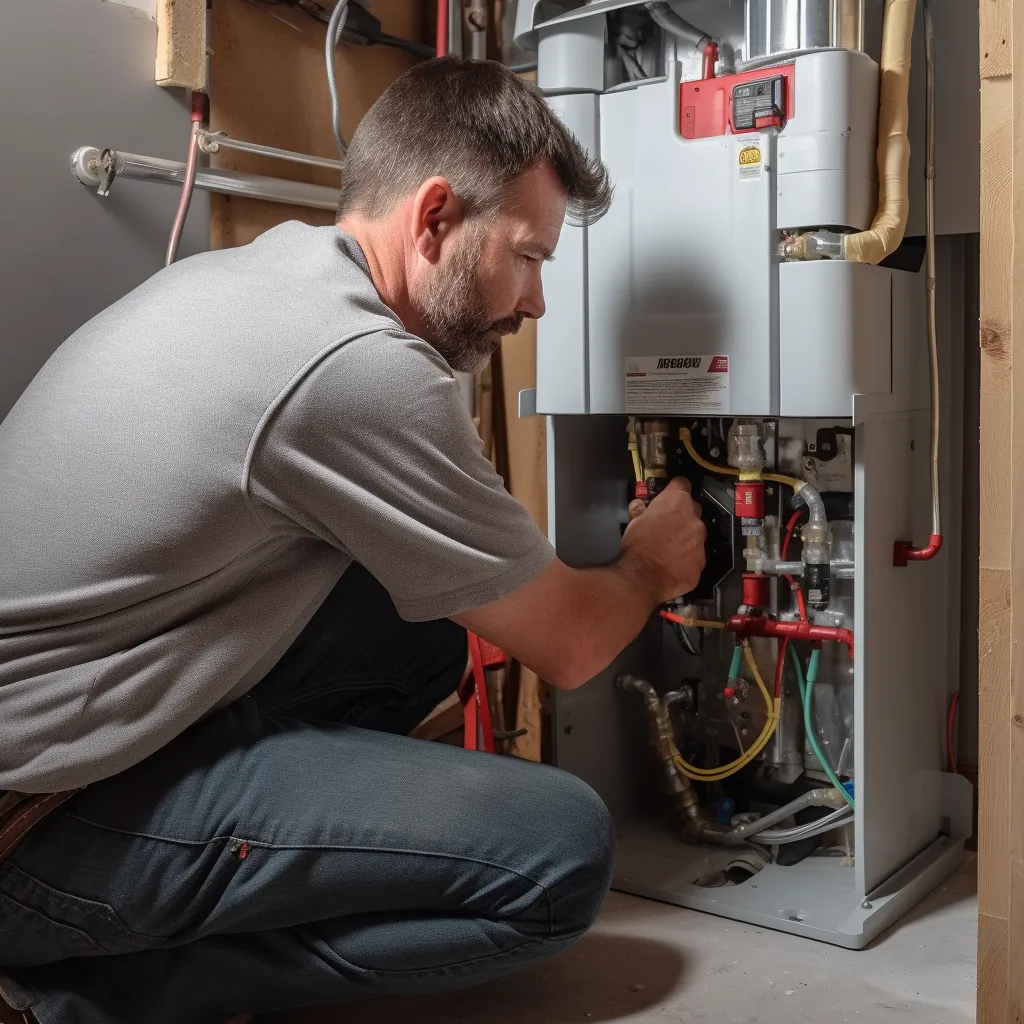
It's crucial to research
condensing vs non condensing tankless water heaters
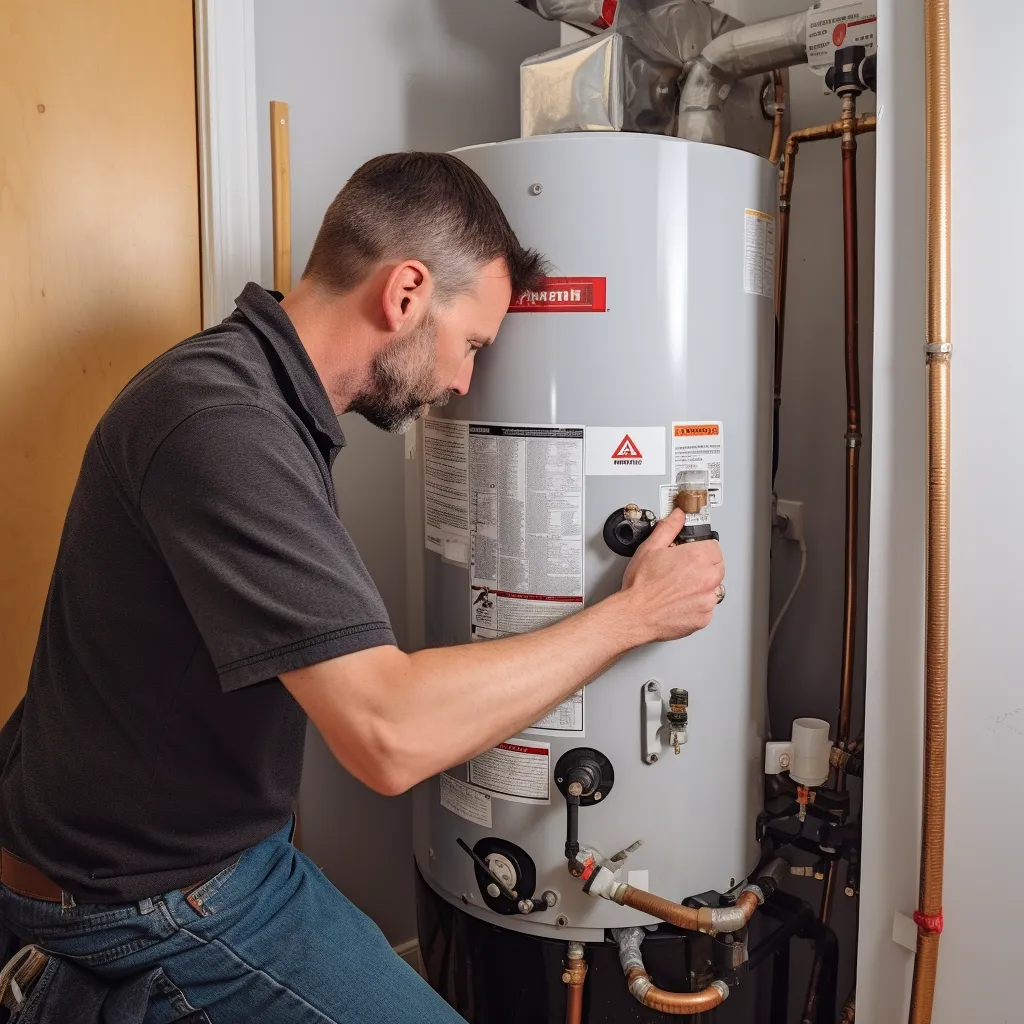
Choosing the right tankless water heater for your home is paramount. Researching the pros and cons of each type is important, including the choice between whether to go for a condensing model or a non-condensing model. Although a non-condensing system may seem cost-effective initially, it wastes energy and requires more maintenance. On the other hand, a condensing tankless water heater is not only cost-effective but also energy-efficient, saving you money in the long-run. By selecting the correct water heater after comparing different options, you can experience reliable access to hot water and significant energy savings.
Finding the ideal tankless water heater is a personal choice that demands consultation with a licensed professional to assess your home's specific needs. A specialist can guide you towards an informed selection that caters to your home.
Contact Us
GET IN FULL TOUCH
PHONE (714) 930-2129
EMAIL:
Daniel@waterheaterbrea.com
Good Day Plumbing Service
Brea, CA 92821
